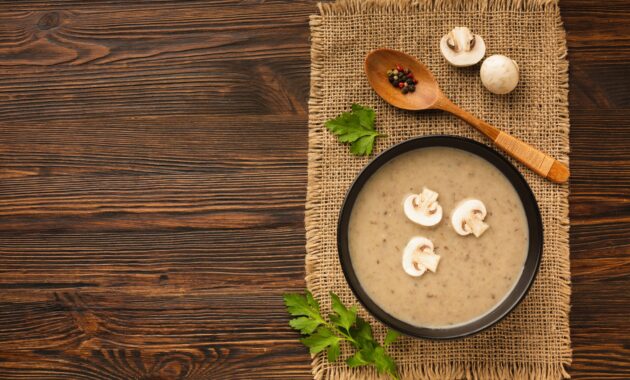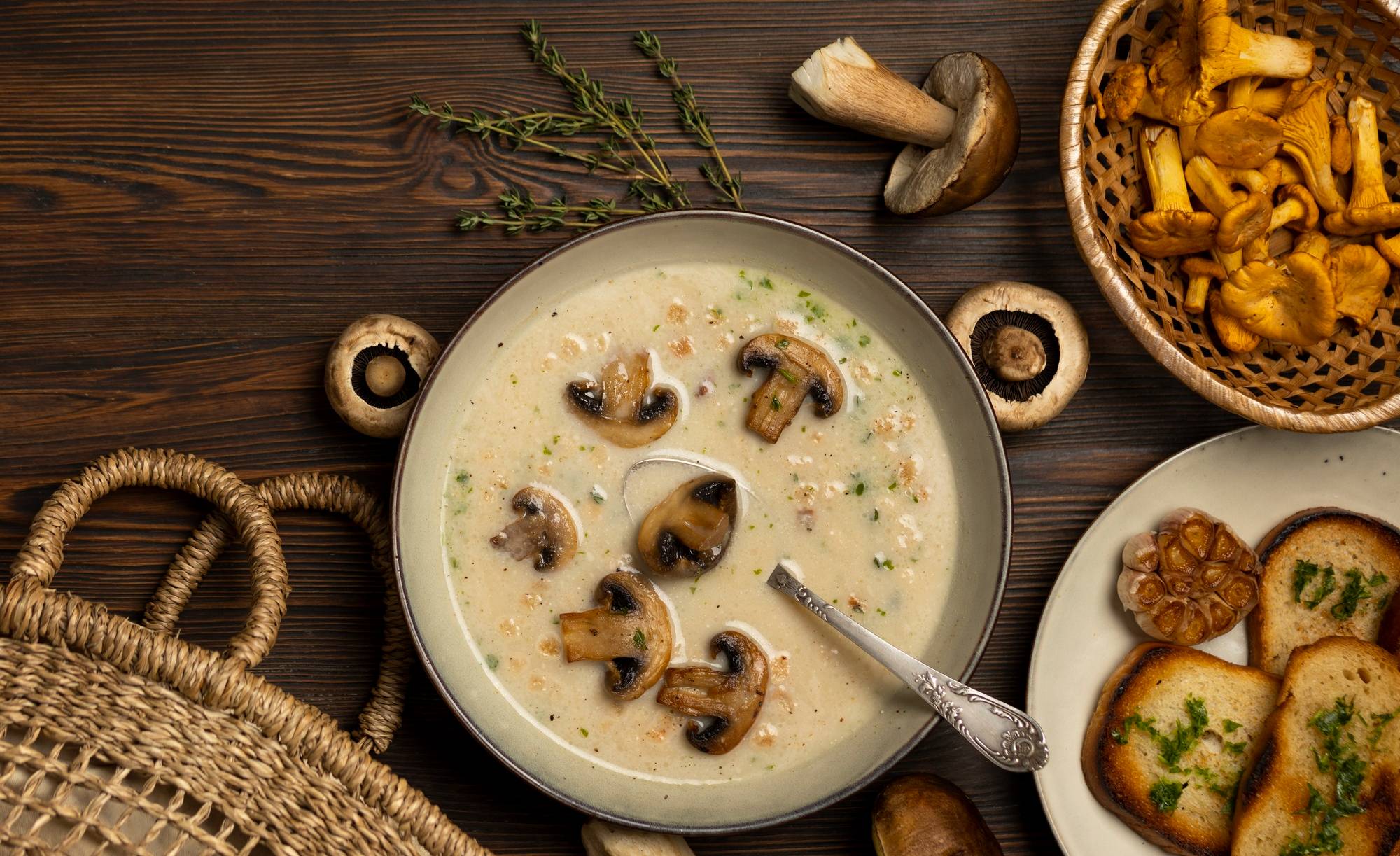In recent years, mushroom coffee has exploded in popularity, captivating health enthusiasts and coffee lovers alike. But what exactly is mushroom coffee, and why is it gaining so much attention?
Introduction
- Brief introduction to the rising popularity of mushroom coffee globally.
- Mention its roots in traditional medicine and its contemporary appeal.
What is Mushroom Coffee?
Mushroom coffee isn’t your average cup of joe. It’s a unique blend of regular coffee mixed with medicinal mushroom extracts like reishi, lion’s mane, or chaga. These mushrooms, long revered in traditional medicine, are believed to offer various health benefits, making this coffee more than just a caffeine boost.
While the idea of mushrooms in your coffee might sound strange, rest assured: mushroom coffee doesn’t taste like fungi. The flavor is earthy and mild, with most people barely noticing the mushroom component.

Health Benefits: More Than Just a Caffeine Fix
One of the main reasons people are flocking to mushroom coffee is for its potential health benefits. Unlike regular coffee, which can sometimes cause jitters and crashes, mushroom coffee is said to offer a smoother energy boost. This is partly because the mushrooms used, like lion’s mane, are believed to support cognitive function, while reishi and chaga are known for their calming and immune-boosting properties.
Mushroom coffee is also rich in antioxidants, which help fight inflammation and oxidative stress in the body. Some studies even suggest that medicinal mushrooms can support heart health, balance blood sugar levels, and enhance the immune system.
Busting the Myths
Despite its growing popularity, mushroom coffee has also sparked some misconceptions. One common myth is that it has hallucinogenic effects, likely due to the association with psychedelic mushrooms. However, the mushrooms used in mushroom coffee are non-psychoactive and are entirely different from those used recreationally.
Another concern is taste. Many fear that mushroom coffee will taste strange or unpleasant. But in reality, the mushrooms are often subtle, blending seamlessly with the coffee to create a balanced, slightly earthy flavor.

A Sustainable Choice
In addition to the health benefits, mushroom coffee offers a more sustainable option for eco-conscious consumers. Mushrooms are generally more environmentally friendly to grow compared to traditional coffee beans. They require less water and fewer resources, making this blend a sustainable choice for those who care about their environmental impact.
Should You Try It?
If you’re curious about mushroom coffee, the best way to decide is to try it yourself. There’s no shortage of brands offering various blends, and many provide options tailored to specific needs, such as focus, relaxation, or immunity support.
For beginners, start with a mix that combines coffee with a small amount of mushroom extract to get a feel for the flavor. You can enjoy it black or with your usual cream and sugar, just like regular coffee.
1. What is Mushroom Coffee?
- Definition and origins of mushroom coffee.
- Brief overview of the types of mushrooms commonly used (e.g., reishi, lion’s mane, chaga).
2. Health Benefits
- Explore the purported health benefits (e.g., immune support, cognitive enhancement, antioxidant properties).
- Reference recent studies or expert opinions supporting these claims.
3. Myths vs. Reality
- Address common misconceptions about mushroom coffee (e.g., taste, hallucinogenic effects, effectiveness).
- Provide evidence-backed rebuttals to these myths.
4. Cultural Perspectives
- Discuss cultural attitudes towards mushroom consumption in different countries.
- Highlight traditional uses of medicinal mushrooms in various cultures.

5. The Science Behind It
- Dive deeper into the scientific mechanisms behind the health benefits.
- Explain how compounds like beta-glucans and polysaccharides contribute to these effects.
6. Sustainability and Ethics
- Touch upon the sustainability of mushroom cultivation.
- Discuss ethical considerations regarding harvesting practices and fair trade.
7. How to Incorporate Mushroom Coffee into Your Routine
- Practical tips for trying mushroom coffee for the first time.
- Recipes or serving suggestions to enhance the experience.
8. Consumer Trends and Market Growth
- Analyze the current market trends and consumer preferences.
- Mention the growth of mushroom coffee brands and their impact on the beverage industry.
Conclusion
- Recap the benefits and cultural significance of mushroom coffee.
- Encourage readers to explore this unique beverage as part of a healthy lifestyle.
